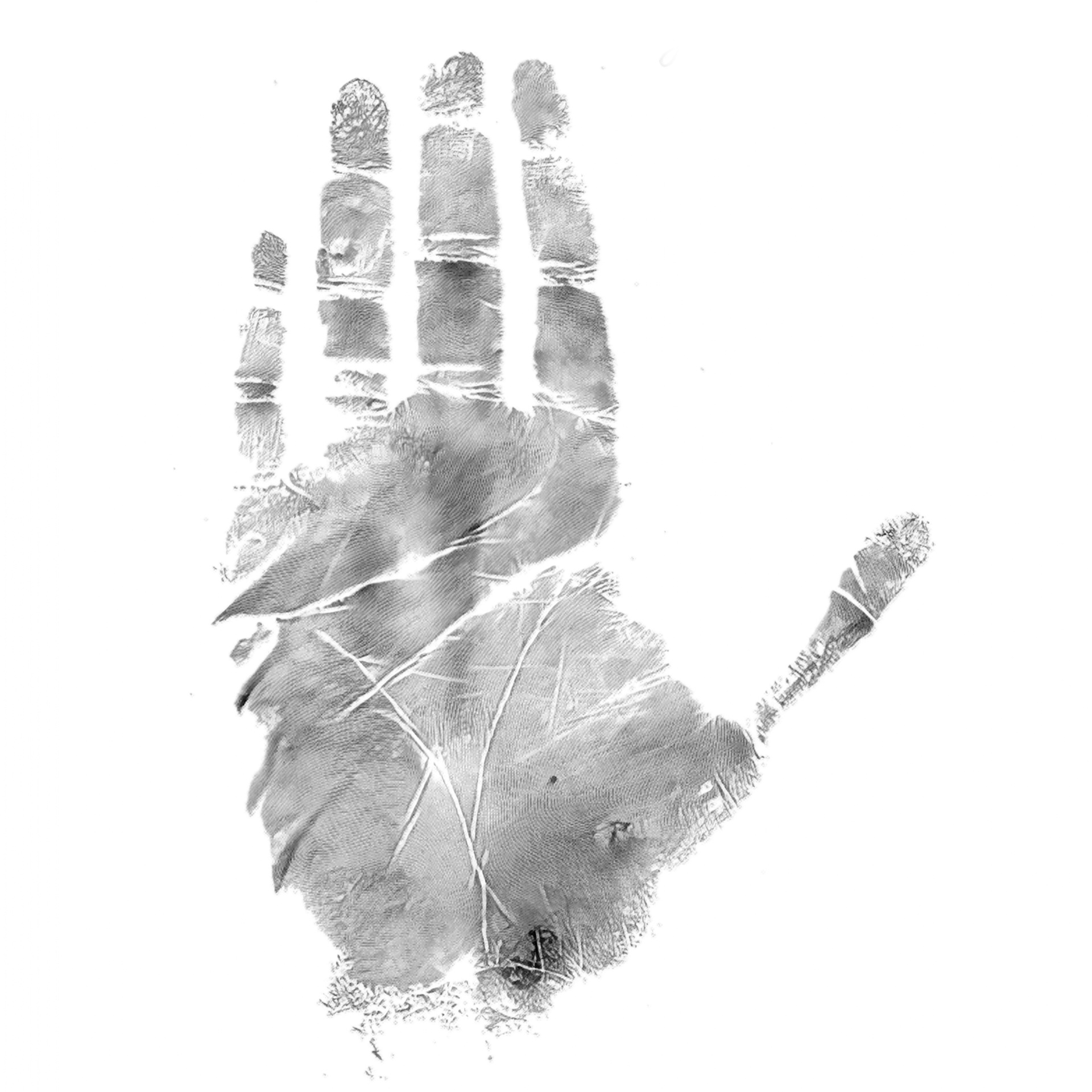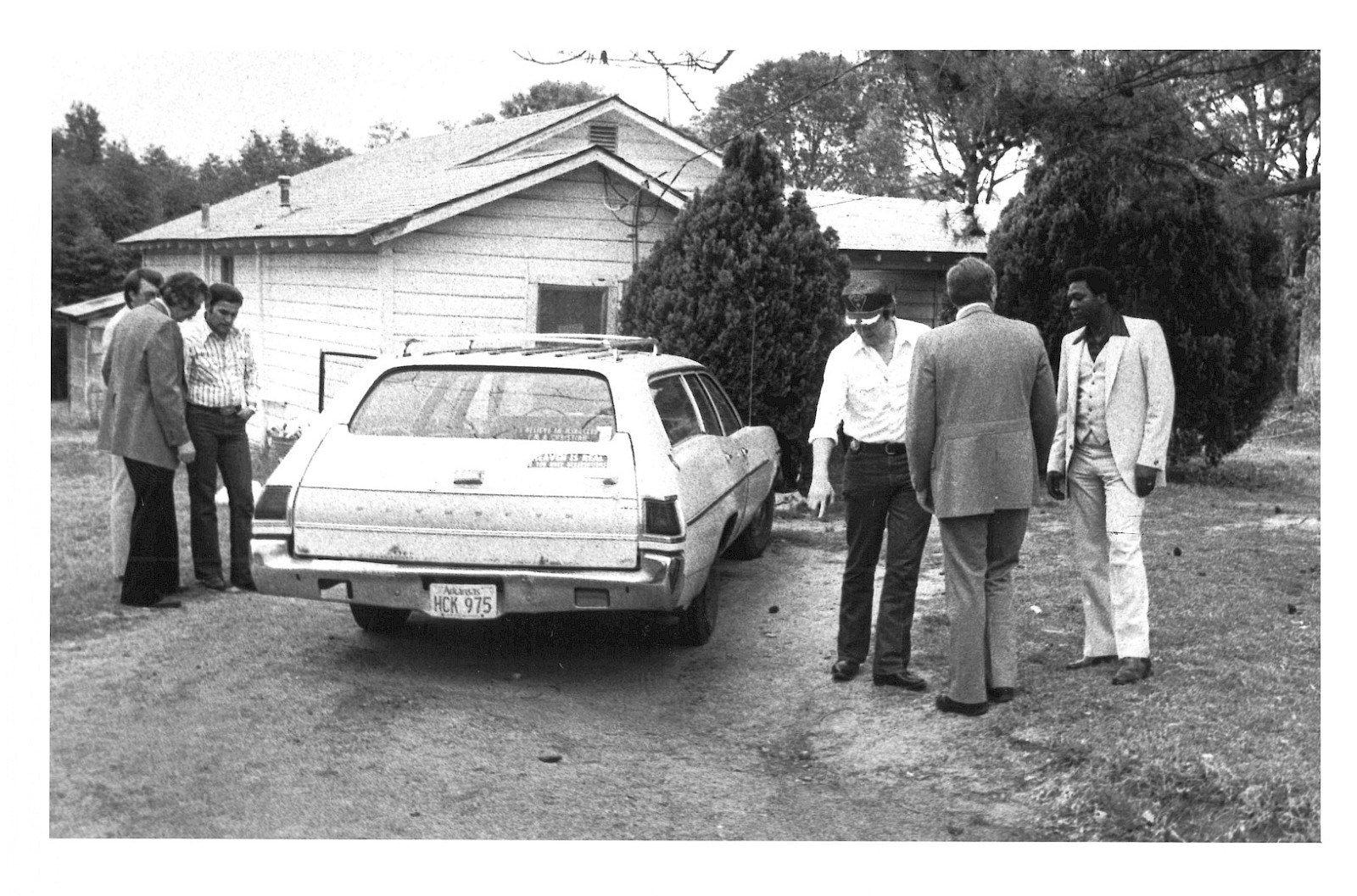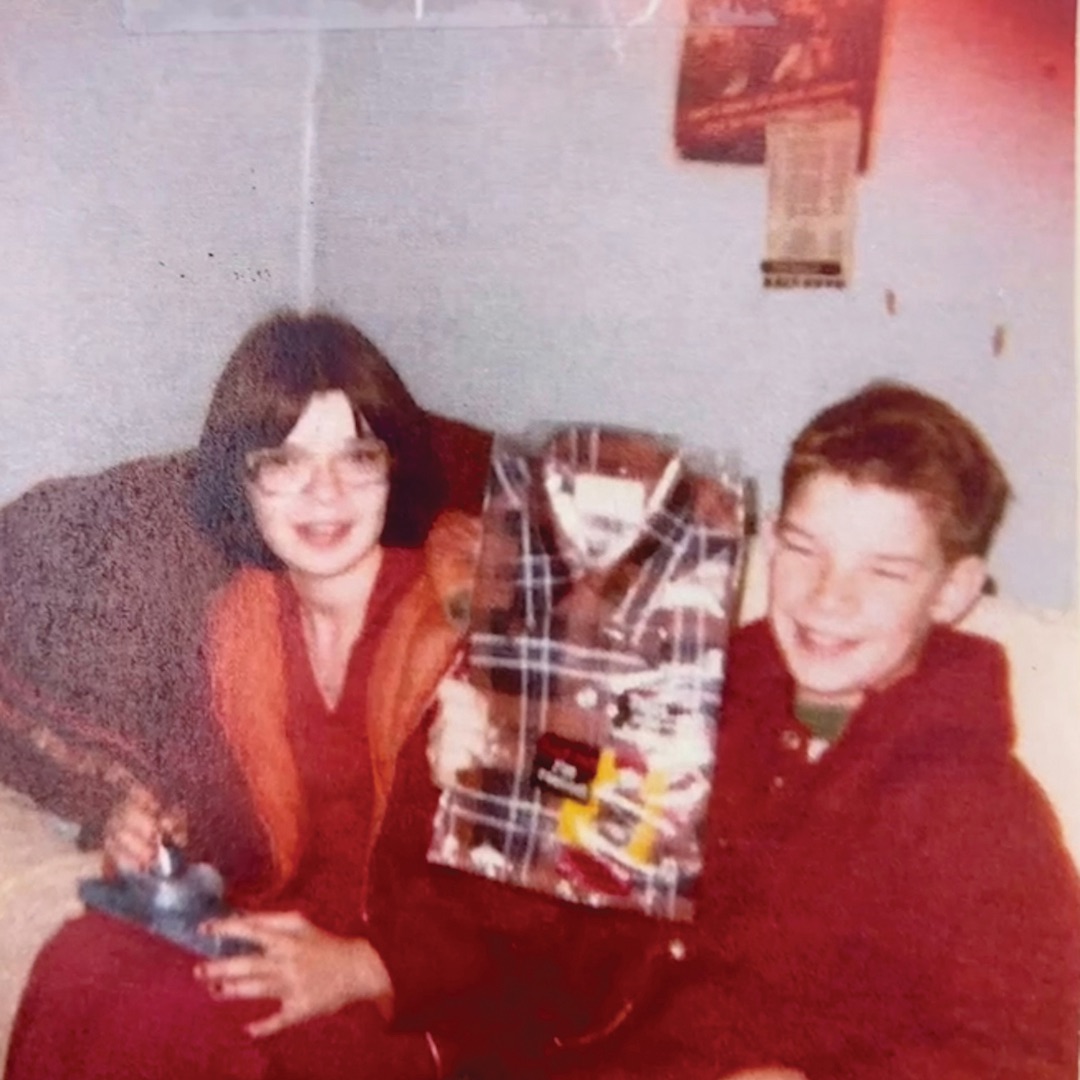True Crime Obsession

The addiction begins with a simple-minded curiosity, evolving into a craving to know more. Each terrible detail deepens the dependence. Carefully chosen background music, suspenseful presentation, and an intriguing cast of characters all contribute to a growing obsession with today’s hottest trend... true crime podcasts.
The rise of podcasts, YouTube channels, and even TikTok accounts has forever changed the way we consume news. Some of these accounts have completely dedicated themselves to becoming a major source of true crime information. From unsolved mysteries of past decades to keeping us up to date with current missing persons, true crime storytellers can be found on every media platform.
One example, Texas True Crime, is a podcast dedicated to shining a light on everything crime-related that takes place in the state of Texas. Its producer and host, Jessica Moore, is a Texas native who has always been interested in true crime podcasts. Moore began releasing episodes in January of this year and puts out a new episode every other week.
“I think true crime has become more popular recently because we have access to media and information from around the world at our fingertips. You can easily go online and read about almost any case that interests you,” Moore said. “Before the internet, people really only knew about what was happening in their community or the few things that were reported on news broadcasts. You were limited. That’s not the case anymore.”
In the past, local and national news stations did a relatively good job at reporting basic facts, but today’s average podcast can bring the story closer to home. It’s not uncommon while listening to today’s true-crime storytellers to be struck with a moment of heartbreaking clarity. These were not mere stories. There was no music, no suspense, and the people involved were not just characters. The depth of the details available through today’s podcasts remind us that these were real individuals who experienced laughter and tears and had families who loved them, like anyone else. “I think it’s very important to remind others that these are real people and that their lives were changed forever by these events,” Moore said. In her podcast, she is determined to show the human side of tragic characters. “I give information about a person’s background and life to show that they were real-life, living, breathing people. Not just characters in a story.” It is that type of connection that draws today’s average listener.

photo courtesy of True Crime Texarkana podcast/Texarkana Gazette
For Karl Richter and Mallory Wyatt of the Texarkana Gazette, and the minds behind local podcast True Crime Texarkana, understanding the audience was key. “Based on our web graphics, crime stories are our most-read stories. So that’s partly where this [True Crime Texarkana] came from, being aware of what our audience wants,” said Richter. “I had been doing the interview podcast On the Line for about a year, so I felt it was a good time to get another one started.” The podcast premiered in late June of this year and has three released episodes, with more coming in the following months.
True Crime Texarkana is currently covering an unsolved tragedy that took place in Texarkana, Arkansas, in 1981, known as “The Alexander Children Murders” that continues to captivate listeners. Collaboration with Calvin Seward, a retired police captain from the Texarkana Arkansas Police Department—who was already working the unsolved case—created a clear path for the subject of the new podcast.
The Alexander children’s murders were a tragedy involving 14-year-old Karen Alexander and her younger brother, 13-year-old Gordon Alexander, who were attacked in their own home. Unfortunately, Gordon died at the scene, while his sister was taken to St. Michael Hospital, where she tragically died three days later.

photo courtesy of True Crime Texarkana podcast/Texarkana Gazette
While the Alexander tragedy resonates with locals, there is another local case that garnered an even more extensive spotlight. The infamous 1946 Moonlight Murders were the inspiration behind two movies, including The Town that Dreaded Sundown. It is also believed to be the inspiration for the classic horror story of “The Hook Man.” Known by many names, “The Texarkana Moonlight Murders,” or “The Phantom Killer,” is considered to be the oldest cold case in Texas history.
Michael Little and his wife, Stephanie, are hosts of The Spookies podcast, broadcasting from Lawrence, Kansas. Their podcast not only focuses on true crime but also dark history, conspiracy theories, weird mysteries, and the occult. “I find most of the cases we cover through research,” said Little. “I heard about the Texarkana Moonlight Murders as a child living in Texas. My mother used to talk about it a lot. She heard rumors and stories about it… It doesn’t seem real, and yet it is. I hope someday the truth will be revealed.”
People are drawn to true crime stories for a variety of reasons, and it’s a complex phenomenon that can’t be attributed to a single factor. Is it empathy and connection to the victims? Is it psychological interest? Or is it simply morbid curiosity that draws the masses? “True crime interests me because I want to know what makes a person decide to hold people up at night in their cars like the Moonlight Murderer,” said Moore. “What goes wrong in your brain that you don’t recognize this is wrong? I think most people interested in true crime feel the same way. Most of us want to know what causes a person to behave this way. Are killers born, or are they made?”
The loose ends of unsolved cases also draw self-proclaimed sleuths, hoping they will notice something that was overlooked in the past. “People don’t like loose ends,” she explains. “They want a resolution, and in cold cases, there aren’t any.” It may be that human desire for justice that is making true crime one of the most consumed forms of today’s media.
When cases grow cold, they tend to grow old. People stop searching, the media stops reporting, and police officers must eventually retire. Everything comes to a halt until someone takes a renewed interest. That spark of interest can help light a fire that illuminates the shadows around forgotten cold cases.




